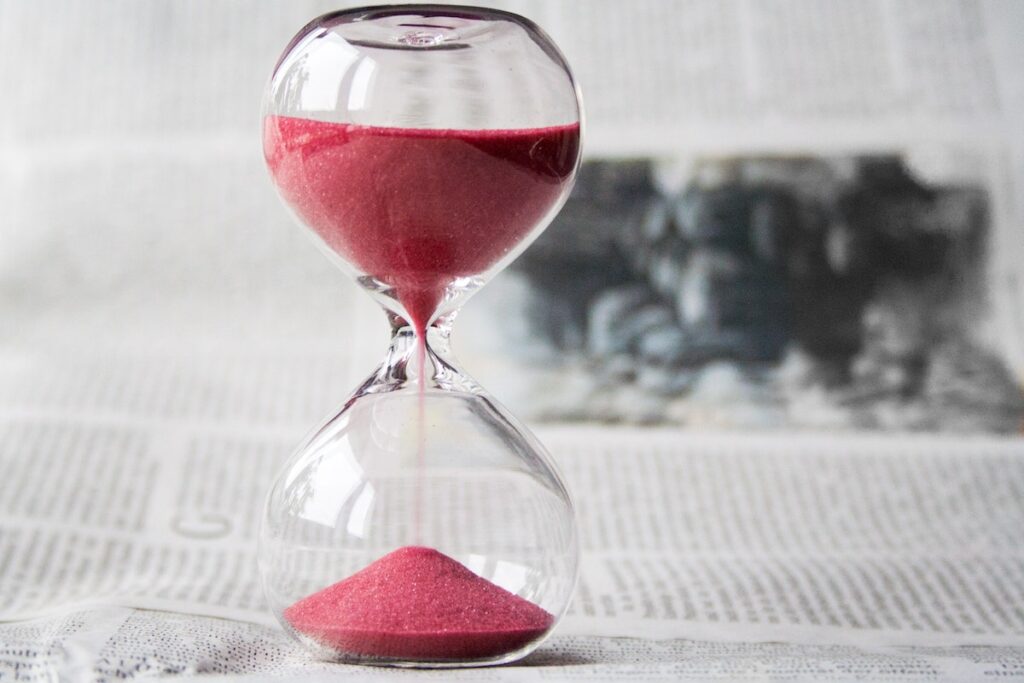Seeking counselling for mental health is a significant, sometimes life-changing decision. Engaging with an expert can help unravel complex emotions, address behavioural problems, and help you cope with significant life changes.
In Dublin, you’re fortunate to have access to a wealth of professional support to guide you through this journey. In this blog, we’ll explore what you can expect when starting counselling in Dublin, breaking down the process into key stages. From recognising the need for help to building a trusting relationship with your counsellor and navigating the therapeutic journey, we’ve got you covered.
Getting Counselling in Dublin: Breaking the Stigma
Recognising that you might need help is the first, and often the most challenging, step on the road to recovery. It’s essential to remember that it’s perfectly okay to seek help. In fact, it’s a sign of strength.
In Dublin and throughout Ireland, progress is being made in breaking down the stigma often associated with mental health. Thanks to public figures, campaigns and organisations endorsing open discussions about mental health.
The positive movement has led to increased awareness about the importance of mental health and the availability of professional support in Ireland. More importantly, it has created an environment wherein individuals feel more comfortable coming forward and seeking the help they need. As a result, this trend is expected to continue to grow in the coming years.
When Is the Best Time to See a Counsellor in Dublin?
When it comes to timing, there’s no ‘one size fits all’ answer. It largely depends on you. Some people seek counselling during a crisis, while others use it as a tool for personal growth over extended periods. Acknowledging the need for help might come early for some, while it might take time for others.
The key is to listen to your mind and body and go at your own pace. It’s about understanding your unique mental health needs and responding to them appropriately. After all, human minds and emotions are complex – they don’t operate on predefined schedules.
Remember, counselling is a journey, not a race. Some days might feel overwhelming. On others, you might experience significant breakthroughs. The journey may be filled with twists and turns, but each step and each moment of insight brings you closer to improved well-being. Your progress and timeline are yours alone – and each step forward, no matter how small it may seem, is an accomplishment.
Choosing the Right Counselling Clinic in Dublin
The significance of choosing the right clinic cannot be stressed enough. In every aspect, attending counselling in a safe, supportive, and professional environment plays a significant role in your journey toward improved mental health. It empowers you to express yourself honestly, facilitating a transformative change in your life, guided by a deep sense of safety and support. The ‘rightness’ of the clinic can be the difference between merely going through the motions of therapy and truly benefiting from it in meaningful, lasting ways.
How do you determine if the clinic is right for you? For one, it should offer qualified and experienced counsellors who align with your specific needs and preferences. For example, if you are dealing with depression, you must seek someone specialising in depression counselling.
Besides having the needed credentials and experience, counsellors should possess excellent communication skills, empathy, and cultural sensitivity. They should be able to create an environment of trust and respect, encouraging open dialogue and personal growth. Having an empathetic therapist who understands and respects your unique circumstances plays a crucial role in fostering deeper connections and enabling constructive guidance throughout the therapy process.
Investing time to find the perfect fit might seem arduous, but it is truly worth it. The right clinic and, most importantly, the right counsellor will make you feel valued, accepted, and heard, paving the way for a trusting, authentic therapeutic relationship. Establishing trust early in your counselling relationship will make you feel more comfortable, allowing you to share your thoughts and experiences openly.
Counselling in Dublin: Navigating the Journey From Assessment to Successful Outcomes
Below, we provide a snapshot of your journey as you get counselling in Dublin. From the initial assessment to achieving successful outcomes, this guide gives you a general idea of how this journey might unfold. But keep in mind that everyone’s journey is unique, and the specific details of your experience may differ.
Initial Assessment
This is your first formal step in the counselling journey. This influences the direction of your sessions, helping the counsellor understand your challenges and goals better. It’s also a prime opportunity to build rapport with your counsellor, establish comfort, and start discussing your concerns.
Collaborative Goal Setting
This is a critical process where you and your counsellor identify achievable goals aligned with your needs. It is a roadmap for your counselling sessions, marking essential milestones on your healing journey.
Personalised Treatment Plan
Post goal-setting, you move towards formulating a personalised treatment plan. This includes a strategic blend of therapies, coping strategies, and self-help exercises tailored to help manage your symptoms effectively. It’s about designing a plan that resonates with your lifestyle and emotional needs, making recovery more accessible and achievable.
Regular Sessions
Regular sessions with your therapist form the crux of your counselling process. These structured and frequent sessions ensure a steady therapeutic engagement, leading to deeper self-reflection and understanding. What’s critical here is maintaining the momentum of progress. This is achieved through consistently tracking your emotional growth and changes in behaviour.
Homework and Self-Care
Parallel to your sessions, your counsellor will often assign homework or self-help exercises. These are vital in enabling you to take on personal responsibility for your mental health. They also reinforce the learnings from sessions and foster healthy habits in your daily life, thus staying on track with your recovery.
Monitoring and Adjustment
Your counsellor will continuously assess your progress and make necessary adjustments to the treatment plan. This ensures you’re on the most effective path to recovery and helps you adapt to setbacks and overcome challenges. It’s about fine-tuning the process to serve you best.
Closure or Termination Stage
This stage signifies the conclusion of counselling. It is when you and your counsellor mutually agree that you have met your therapy goals. The closure is a time to reflect on the progress made, discuss future concerns, and plan to maintain the new skills and coping strategies learnt during therapy.
In conclusion, your counselling journey can be an empowering and transformative experience. With the proper support and tailored strategies, you’re on your way to overcoming challenges and fostering personal growth. Moreover, by understanding each stage of the counselling process, you can better engage with your therapist and feel confident in your path towards mental wellness.
Always remember that achieving mental wellness is a journey that requires patience, commitment, and time. But remember, you’re not alone in this. Your counsellor will support you every step of the way. So, celebrate small victories, be patient when progress seems slow, and stay committed to your journey.
Are you seeking a supportive partner on your path to better mental health and wellness? Our compassionate counsellors are ready to journey alongside you, aiding your growth and well-being every step of the way. Take the brave first step — call us today on 015240708 or click here to schedule your first counselling session at our Dublin clinic or online.
Royalty-free images supplied from Pexels as part of SEO service from 3R





